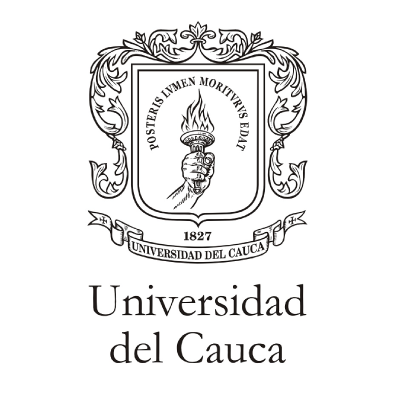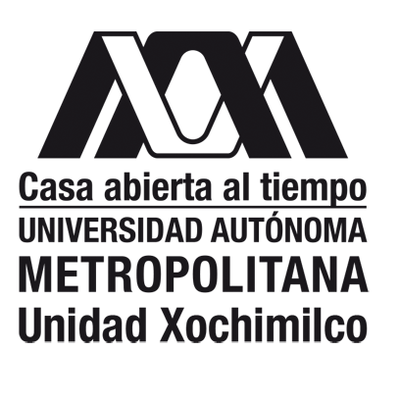Políticas patrimoniales y procesos de despojo y violencia en Latinoamérica
Carina Jofré y Cristóbal Gnecco (Editores). Tandil: Universidad del Centro de la Provincia de Buenos Aires, 2022, 305 Páginas.
DOI:
https://doi.org/10.64377/30087716.987Keywords:
heritage policies, processes, dispossession, violenceReferences
de Sousa Santos, Boaventura (2012). De las dualidades a las ecologías. Red Boliviana de Mujeres Transformando la Economía REMTE.
Mbembé, Achille (2003). Necropolitic. Public Culture, 15 (1), 11-40.
Viveiros de Castro, Eduardo (2004). Perspectival Anthropology and the Method of Controlled Equivo- cation, Tipití: Journal of the Society for the Anthropology of Lowland South America, 2 (1), 3-22

Downloads
Published
How to Cite
Issue
Section
License

-
The authors retain the rights of autxr and assign to the journal the right to first publication of the work, registered under the Creative Commons attribution license, which allows third parties to use what is published as long as they mention the authorship of the work and the first publication in this journal.
-
Authors may make other independent and additional contractual agreements for the non-exclusive distribution of the version of the article published in this journal (for example, including it in an institutional repository) as long as they clearly indicate that the work was first published in this journal.
-
The authors grant any third party the right to share and use the article (for non-commercial purposes), provided that the original authors and the citation of the version published in this journal are identified.





